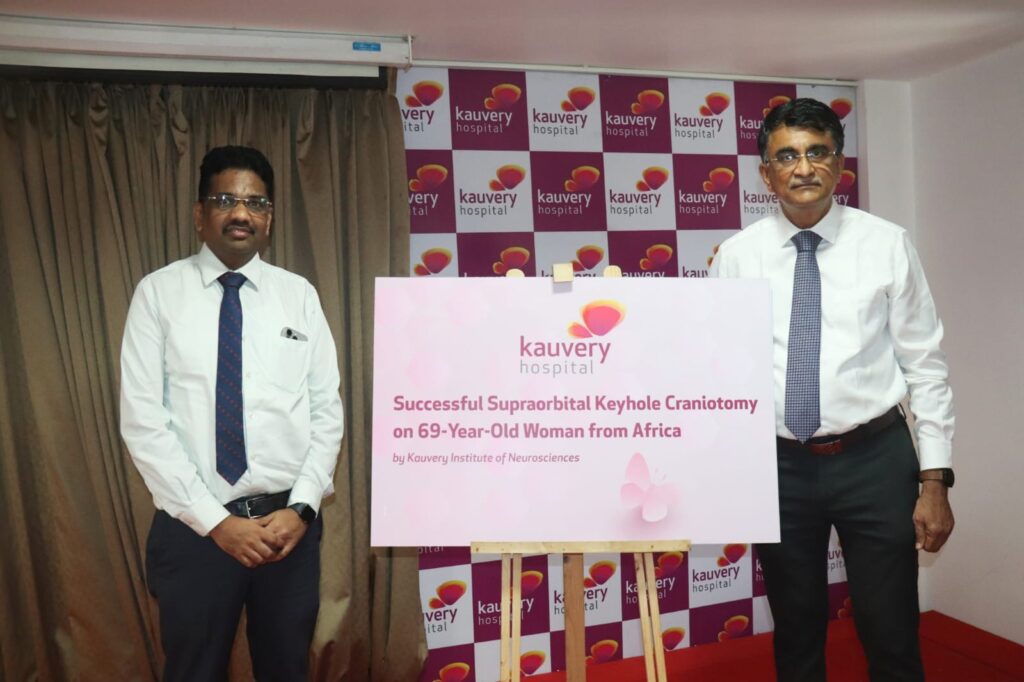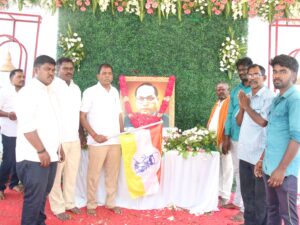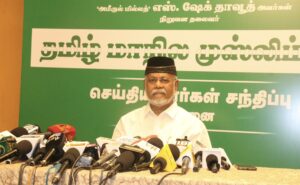Chennai July 2024: Kauvery Hospital Vadapalani continues to stand out as a leading destination for International Patients seeking specialized medical care, showcased by the recent successful treatment of a 69-year-old Sudanese woman with a complex brain tumor under the expert guidance of Dr. Ranganathan Jothi, a neurosurgeon with three decades of experience. The medical team at Kauvery Institute ofNeurosciences performed a highly intricate and precision-driven Supraorbital Craniotomy—a minimally invasive procedure with akeyhole approach involving a small incision along the eyebrow—todelicately remove the tumor.
Craniotomy, a surgical procedure where a portion of the skull is temporarily removed to access the brain, is inherently complex due tothe intricate anatomy and critical functions of the brain. Theprocedure’s complexity is magnified when dealing with tumors near vital structures, necessitating extreme precision to avoid damaging healthy tissue. Traditional craniotomies often involve larger incisions,leading to extended recovery periods and heightened risks of complications such as infection, excessive bleeding, and significant scarring.
In this case, the supraorbital craniotomy was selected due to its minimally invasive nature, which offers substantial benefits. By making a small incision along the eyebrow, surgeons could access andremove the tumor while minimizing trauma to the surrounding tissues. This approach significantly reduces scarring, minimizes the risk ofcomplications, and promotes faster recovery while ensuring complete tumor removal. The precision of this technique is particularlyadvantageous for tumors located in sensitive areas, providing a safer and more effective alternative to traditional methods.
Under high-resolution microscopic guidance and intraoperativeneurophysiological monitoring, the surgical team was able to navigate the intricate anatomy of the brain with unparalleled precision. These advanced techniques ensured the keyhole surgery was performed with maximum accuracy, reducing the risk of damage to healthy tissues andcritical brain structures. Intraoperative neurophysiological monitoringfurther provided real-time feedback on the patient’s neural functions, ensuring that the tumor was removed completely without compromising vital brain functions.
Dr. Ranganathan Jothi’s expertise and the hospital’s state-of-the-art facilities played a pivotal role in the successful outcome of this complex surgery. “At Kauvery Hospital Vadapalani, we are committed to delivering world-class treatment and compassionate care to all our patients, including those who travel from abroad seeking specializedmedical expertise,” emphasized Dr. Aravindan Selvaraj, Co-founderand Executive Director of Kauvery Group of Hospitals. “Ourcommitment to pushing the boundaries of medical innovation ensures that each patient receives personalized attention and the highest standards of care.”
The benefits of the minimally invasive left supraorbital craniotomy are profound. By minimizing the incision size, patients experience less postoperative pain and discomfort. This approach also reduces the risk of infection, as smaller incisions are less prone to complications. Additionally, the shorter recovery time allows patients to return to their normal activities more quickly, improving their overall quality of life. These advantages make the procedure particularly suitable forelderly patients, like the 69-year-old Sudanese woman, who may have a lower tolerance for extensive surgical interventions.
International patients choose Kauvery Hospital Vadapalani not only for its advanced medical technologies and expert medical professionals but also for its commitment to providing a supportiveenvironment that fosters hope and healing. The hospital’s reputationfor excellence in neurosurgery and other specialties continues to attract patients from around the world, seeking optimal outcomes and compassionate care.






More Stories
One-Year-Old Baby Survived a Successful Open-Heart Surgery for Congenital Heart Defect at Iswarya Hospital, Chennai
Gleneagles Hospital Chennai Host Gleneagles Liver and Transplant Summit 2025 in Chennai
16-Year-Old Cyclist Makes Miraculous Comeback after Complex Knee Surgery at Apollo HospitalsOMR